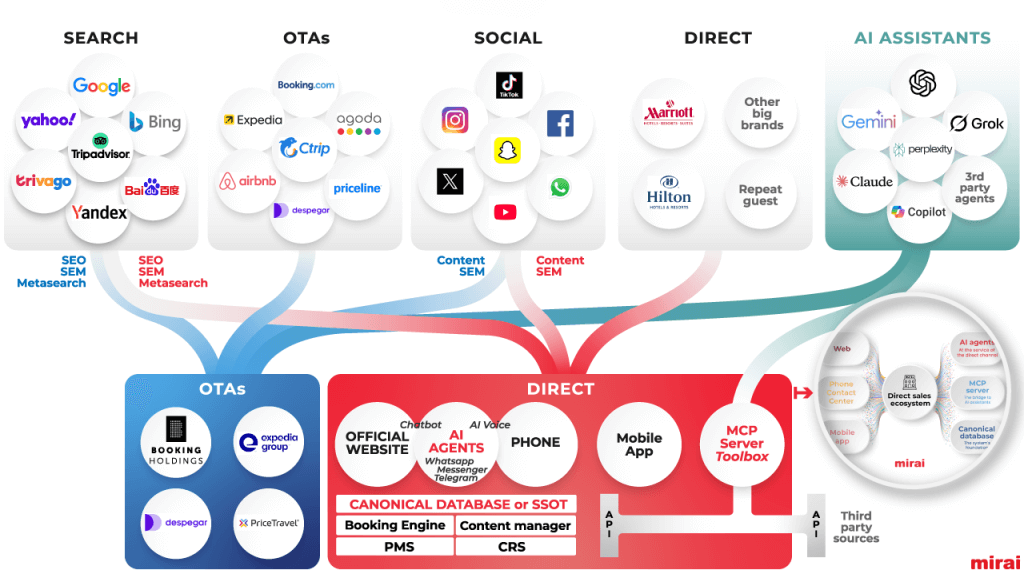
While this is a significant part of our role, it’s easy to overlook the in-depth analysis that underpins each pricing decision to get to the sticker price. If you get too fixated on solely pricing, it can be very easy to lead your hotel astray and deliver sub-optimal revenue outcomes.
NB: This is an article from Lighthouse (formerly OTA Insight)
Subscribe to our weekly newsletter and stay up to date
There are countless pitfalls you can wind up in when it comes to finding that perfect price-point. in this article I’m going to give you 5 that I see most often!
Mistake 1: Defensive Overpricing
How many times has this happened to you?
A big event is announced. Pressed for time, you put in a dummy $999 price to deter bookings, and create some breathing room until you can come back and put in a more logical pricing strategy.
This is a big rookie mistake for many reasons, but here are the key reasons why this isn’t a substitute for a real strategy:
- A hotel’s BAR or RACK rate isn’t always the only rate a revenue manager has to worry about. Think of all of the flat, static, and negotiated rates that don’t move in tandem with a $999 RACK rate.
- Raising your rate to an unrealistic deterrent often creates a “challenge accepted” scenario with shoppers. If demand is high enough, expect a defensive rate such as this to push prospective guests to book unconventional booking channels. It’s not uncommon to see a major uptick in points stays/redemptions, flat LNR rates, and other accounts with Last Room Availability.
In short, what was usually intended as a quick, time-saving method for guarding inventory can actually create more headaches unless a flawless yielding strategy is also implemented.
But, paradoxically this takes just as much time as simply pricing the hotel correctly from the start.
The fix:
Slow down, and take the time to implement a holistic strategy that includes a realistic price point, logical yielding, and realistic policies to avoid throwing down the gauntlet with prospective guests.
:format(webp))
Mistake 2 – Pricing Decisions Based on an Improper Competitive Set
This mistake is almost so basic that you may be eye-rolling already, but think about all the ways in which we build competitive sets, or compsets that might not serve our best interest.
As a revenue manager you may find yourself pressured to compare against other hotels that obviously should not be in your competitive set.
Maybe over time your compset has seen the addition of hotels that are not even the same lodging type.




